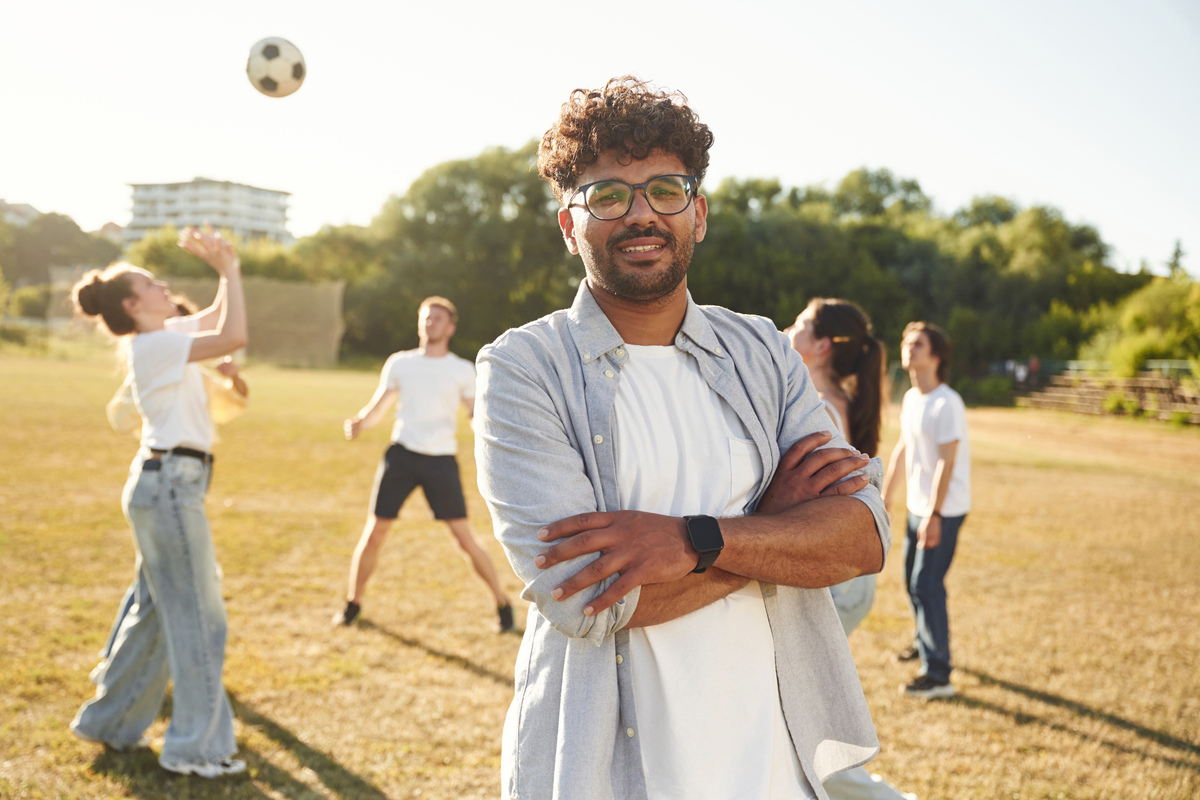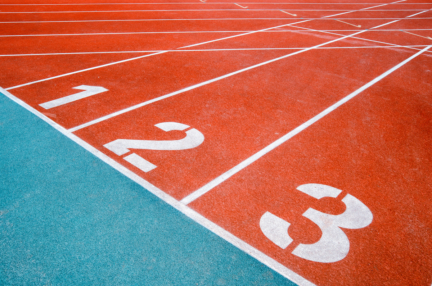To earn a U.S. scholarship or even secure a roster spot as a full-time college athlete, nonimmigrant international student-athletes typically need the F-1 student visa. Those who hold an F-1 visa cannot work off-campus during their first academic year, and even after that period, opportunities for U.S.-based employment remain limited. International student-athletes may only work off-campus in three very specific situations tied directly to their field of study: Curricular Practical Training (CPT), Optional Practical Training (OPT), or a STEM OPT extension. NIL Laws
F-1 students may also be allowed to work off-campus in rare cases involving severe economic hardship or special student relief, but these approvals are evaluated individually.
Employment Pathways for F-1 Students
There are only four ways an F-1 student can legally earn money through employment:
• Curricular Practical Training (CPT): Paid internships directly related to their major.
• On-campus pre-completion OPT: Up to 20 hours per week while school is in session; full-time during breaks.
• Off-campus pre-completion OPT: Full- or part-time, but requires prior authorization from the Designated School Official (DSO).
• Post-completion OPT: At least 20 hours per week, with authorization from both the DSO and U.S. Citizenship and Immigration Services (USCIS).
Because of these strict rules, U.S.-based income is difficult for international student-athletes — and that includes Name, Image, and Likeness (NIL) compensation. Under U.S. federal guidance, NIL payments are treated as work income, which means most international student-athletes cannot receive NIL pay while in the United States. NIL Law Standardization
Can International Student-Athletes Earn NIL Money?
International student-athletes on F-1 visas face strict limitations when it comes to earning NIL income in the United States. Under current immigration rules, most NIL compensation is treated as taxable employment — which is generally prohibited under F-1 visa status.
However, legal pathways such as overseas NIL deals and educational training programs (like CPT or OPT) can create limited but viable opportunities. This guide breaks down how international athletes can safely explore NIL options without risking their visa status.
NIL Opportunities Outside the United States
The safest way for international athletes to earn NIL income is by performing all NIL activities — sponsorship shoots, promotional content, clothing lines, autograph sessions, and similar engagements — outside the United States, typically in their home countries. NIL Future Legislation
Athletes can sign NIL deals abroad and complete the required activities during school breaks, summer vacation, or while traveling internationally with their teams. This method has been used successfully by programs such as Kentucky men’s basketball during a team trip to the Bahamas. Still, these arrangements require careful execution: international student-athletes must follow the immigration and employment laws of whichever country they perform NIL work in. NIL Gap Visa Rules
Even home-country NIL arrangements can become complicated. U.S. consular officers — the officials who review visa statuses and interpret what is permissible — often rotate assignments and may receive only brief training on NIL-specific issues. Their interpretations ultimately determine legality. NIL Guide
Because a misstep can jeopardize an athlete’s visa or even lead to deportation, international student-athletes must approach NIL opportunities with extreme caution, even when the activities occur outside the United States. Fortunately, many athletic departments work closely with international athletes to help them navigate these restrictions and pursue opportunities safely. NIL Legal Line
Learn More About the NIL Landscape
Name, Image, and Likeness plays an increasing role in college sports, and understanding how it works often requires more than individual articles or news updates.
RallyFuel is a platform focused on NIL-related topics across college athletics. It brings together information about athletes, NIL activity, and the broader structure behind modern college sports, helping readers explore the topic in more depth.






Leave a Comment